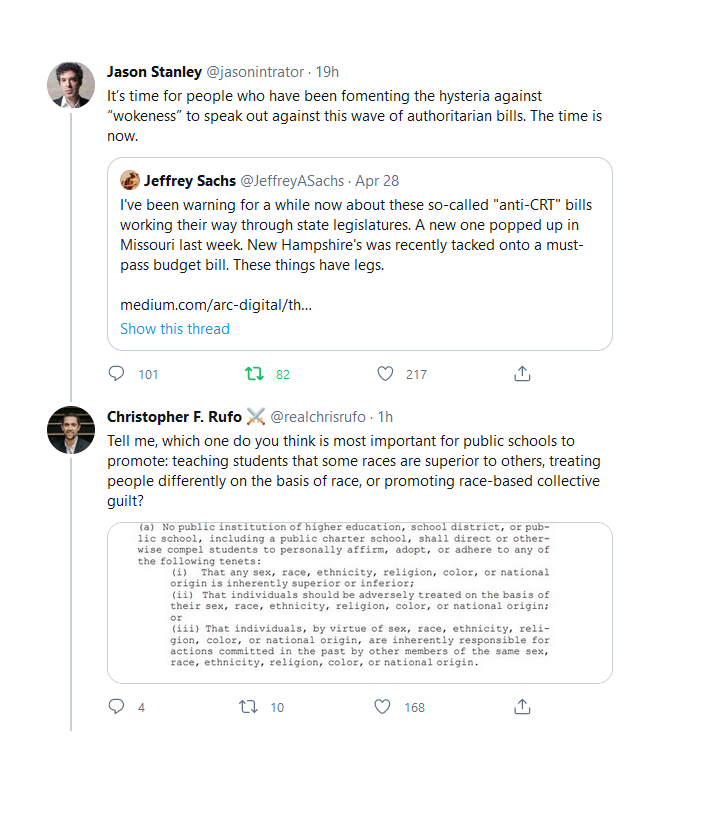
I have yet to be convinced that "cancel culture" is a workable concept. In the famous cases of cancellation from within academia, the public perception of cancellation comes often from the fact that there were very loud screams in social media networks: "this is cancel culture!"
https://twitter.com/Katja_Thieme/status/1387440668516130816
The perception of cancellation is frequently not borne out when you look into the details of the actual cases. There were complaints. Administrators handled those complaints--perhaps imperfectly. If they didn't handle them perfectly, there is evidence of pushback.
Some complaints are dismissed, as they should be. Others have significant evidence behind them: an investigation ensues, and there will be a form of discipline. We will have to allow that sometimes universities rightfully terminate faculty, given evidence of serious misconduct.
That complaints are lodged from inside an institution is not cancel culture. That some complaints are lodged which turn out to be based on shaky evidence and are dismissed, I have trouble seeing that as cancel culture.
That there is public attention to these processes might be the choice of the person at the centre of such complaints, or it might not. Being at the centre of a complaints is hard. No doubt about it. Public attention, especially if unwanted, does not always help.
Sometimes, it seems there are people at the centre of these storms who wish to return to their work. The internal complaints process is finished. They've kept their job. The constant repetition of their story with "this is cancel culture!" might make that return difficult.
• • •
Missing some Tweet in this thread? You can try to
force a refresh







